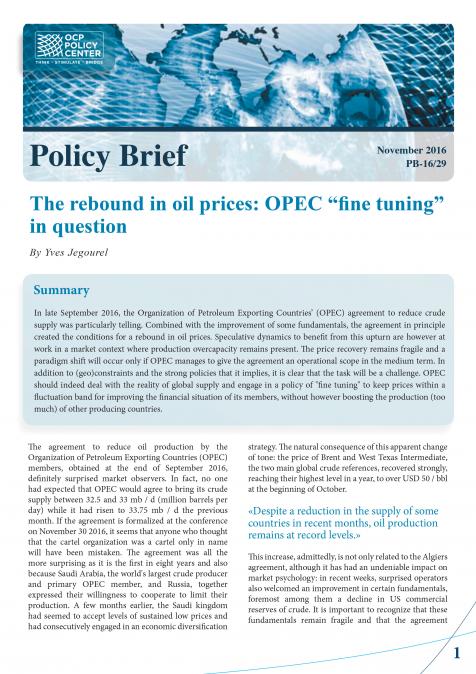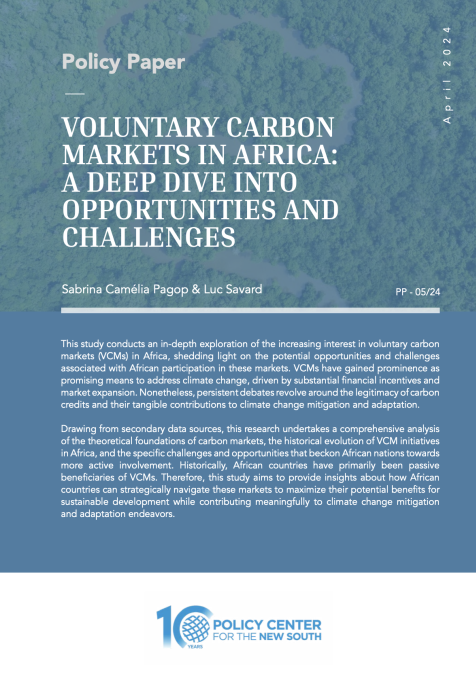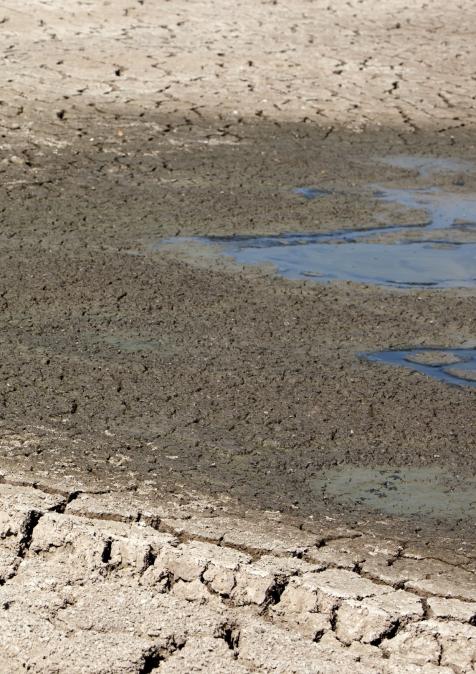Publications /
Policy Brief
In late September 2016, the Organization of Petroleum Exporting Countries’ (OPEC) agreement to reduce crude supply was particularly telling. Combined with the improvement of some fundamentals, the agreement in principle created the conditions for a rebound in oil prices. Speculative dynamics to benefit from this upturn are however at work in a market context where production overcapacity remains present. The price recovery remains fragile and a paradigm shift will occur only if OPEC manages to give the agreement an operational scope in the medium term. In addition to (geo)constraints and the strong policies that it implies, it is clear that the task will be a challenge. OPEC should indeed deal with the reality of global supply and engage in a policy of "fine tuning" to keep prices within a fluctuation band for improving the financial situation of its members, without however boosting the production (too much) of other producing countries.









